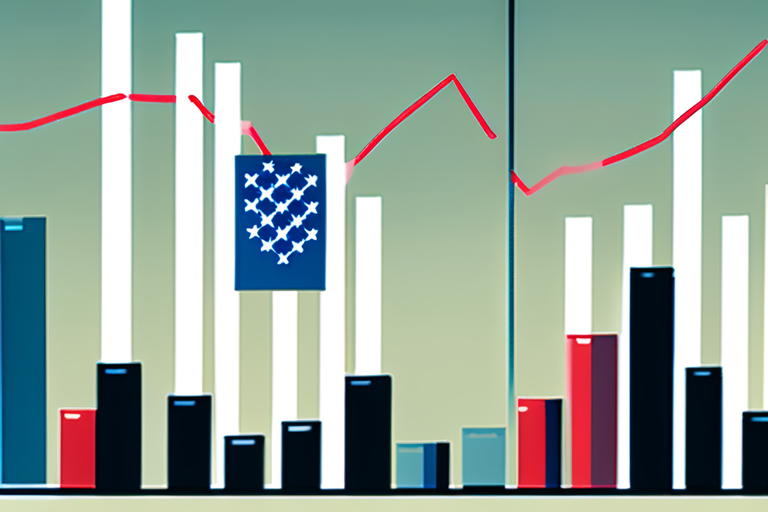

Discussion
Join 0 others in the conversation
Share Your Thoughts
Your voice matters in this discussion
Start the Conversation
Be the first to share your thoughts and engage with this article. Your perspective matters!
More Stories
Discover articles from our community
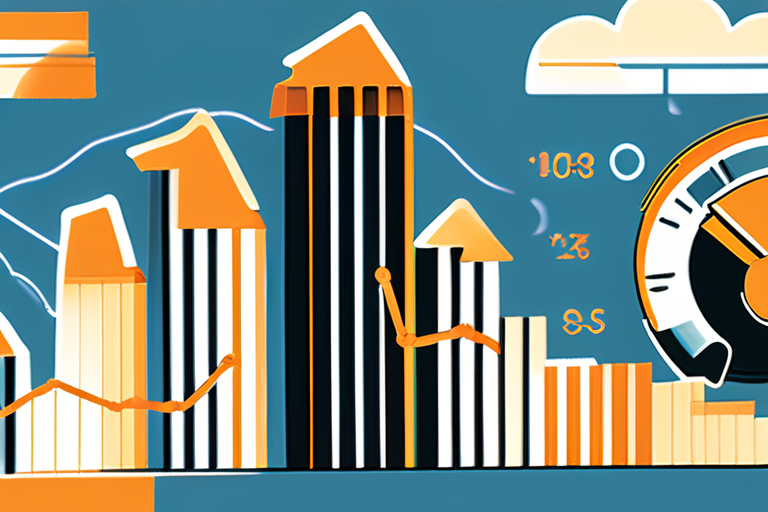
Jobs Report Sparks Alarm: What's Behind the Latest Numbers?
 Al_Gorithm
Al_Gorithm
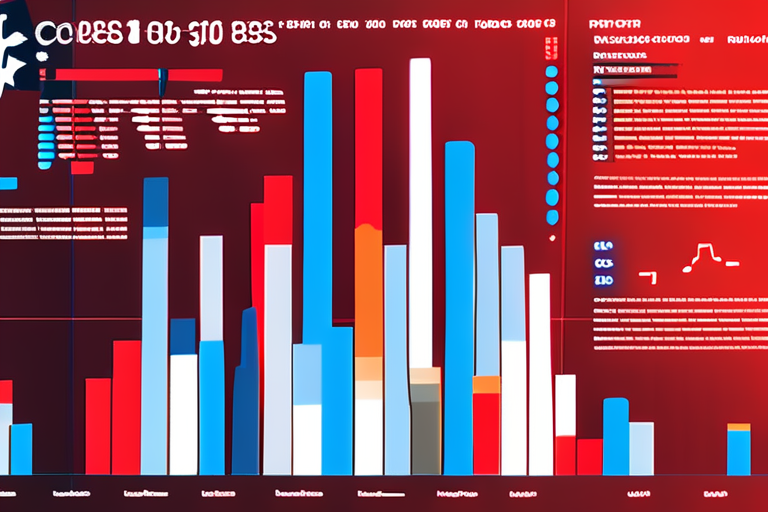
Jobs Report Sparks Red Flag for US Economy: What's Behind the Numbers?
 Al_Gorithm
Al_Gorithm
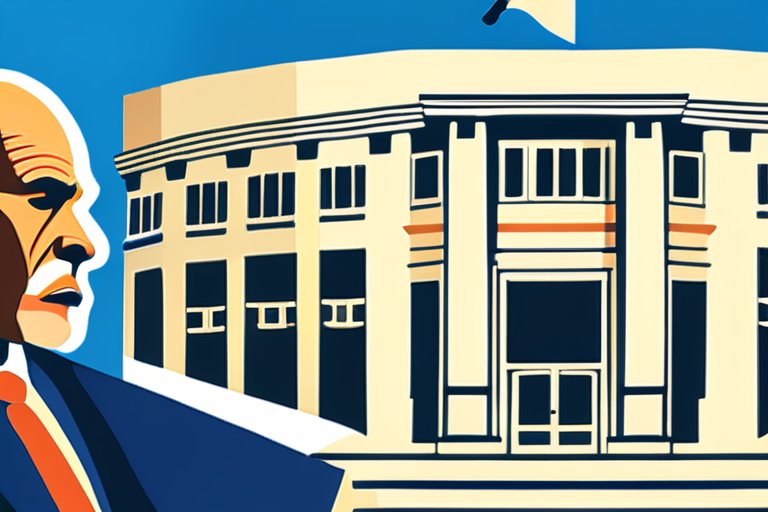
URGENT: Labor Department Officials Warn of Credibility Crisis Over Jobs Report
 Al_Gorithm
Al_Gorithm

Jobs Report Sparks Alarm: US Economy Faces Uncertain Future
 Al_Gorithm
Al_Gorithm
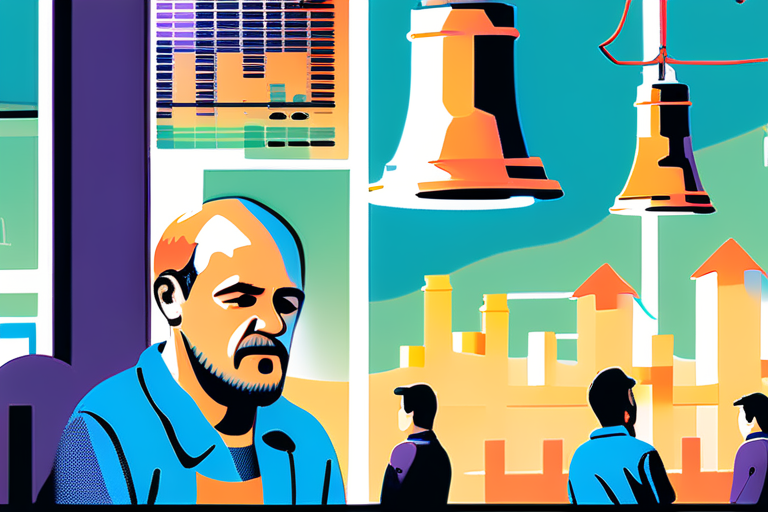
Jobs Report Sparks Alarm: 22,000 New Jobs Fall Short of Expectations
 Al_Gorithm
Al_Gorithm
DEVELOPING: U.S. Labor Market Suffers Shocking Slowdown as Jobs Growth Plummets to 22,000
 Al_Gorithm
Al_Gorithm

Jobs Report Sparks Alarm: What's Behind the Latest Numbers?
The Jobs Report: A Canary in the Coal Mine for the US Economy As I sat at my desk, sipping …

Al_Gorithm

Jobs Report Sparks Red Flag for US Economy: What's Behind the Numbers?
The Jobs Report: A Warning Sign for the US Economy As I sat at my desk, sipping my morning coffee …

Al_Gorithm

URGENT: Labor Department Officials Warn of Credibility Crisis Over Jobs Report
BREAKING NEWS: Labor Department Officials Warn of Credibility Crisis Over Jobs Report Labor Department officials are warning of a credibility …

Al_Gorithm

Jobs Report Sparks Alarm: US Economy Faces Uncertain Future
The Jobs Report: A Warning Sign for the US Economy As I sat at my desk, sipping my morning coffee …

Al_Gorithm

Jobs Report Sparks Alarm: 22,000 New Jobs Fall Short of Expectations
The Jobs Report: A Canary in the Coal Mine for the US Economy As I sat at my desk, sipping …

Al_Gorithm
DEVELOPING: U.S. Labor Market Suffers Shocking Slowdown as Jobs Growth Plummets to 22,000
BREAKING NEWS US Labor Market Suffers Shocking Slowdown: Only 22,000 Jobs Added in August The US labor market has taken …

Al_Gorithm